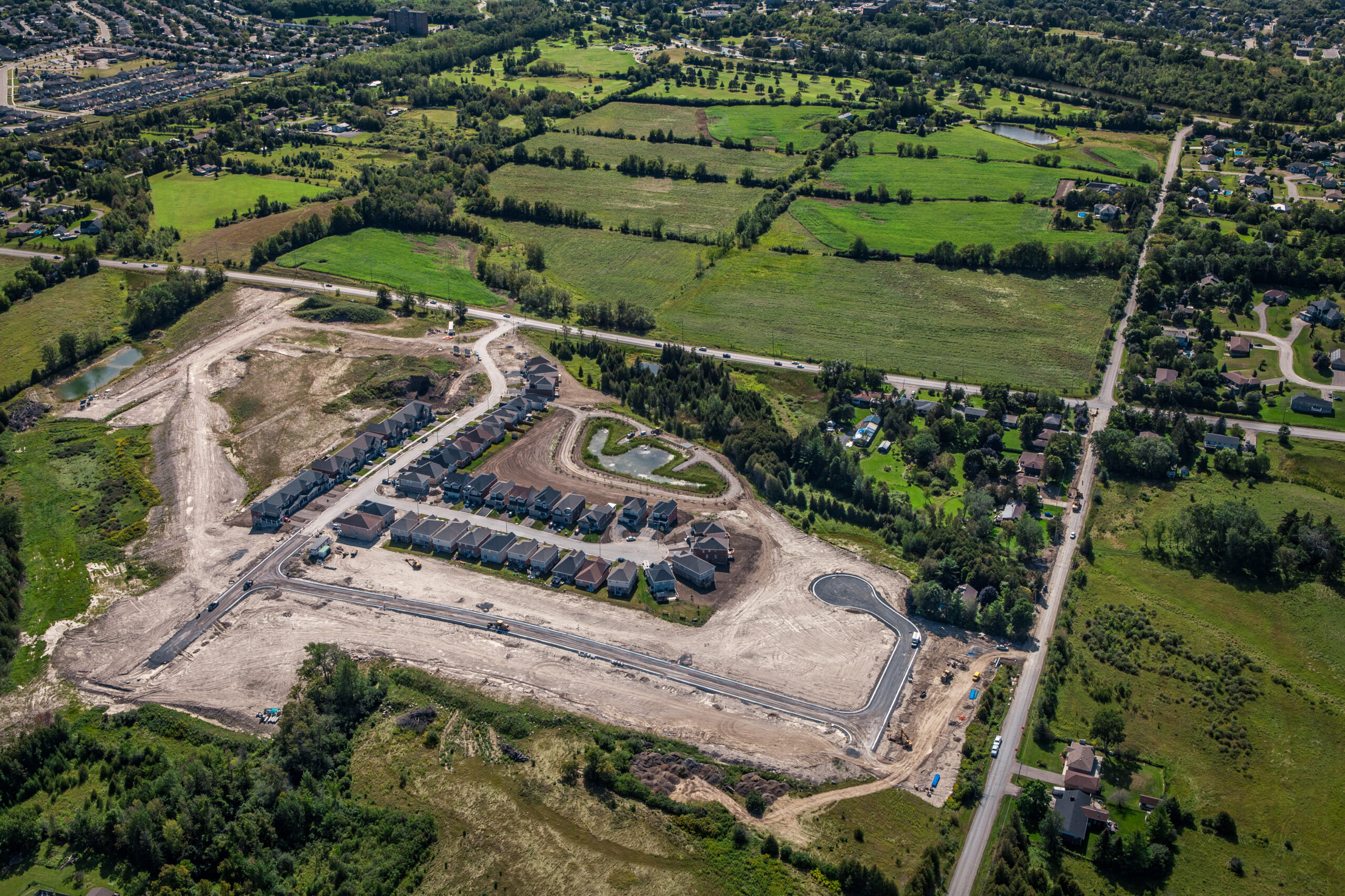Planning for Future Growth: Regional Employment Lands

There has been a lot of talk over the past few months surrounding the need for employment lands and the role of Peterborough & the Kawarthas Economic Development (PKED). As an agency that is contracted to deliver economic development programming for the City and County of Peterborough, having a solid inventory of lands to market is critical to our work. While we track progress and measure success quarterly, we must keep in mind that economic development is a long-term strategy focusing on creating a strong environment for businesses to thrive in for generations.
As growth continues from the Greater Toronto Area, Peterborough & the Kawarthas will continue to be a desirable destination for new residents to call home. The City of Peterborough is anticipating that 42,000 new residents will call the city home over the next 30 years and a further 24,000 people in the County of Peterborough, and with that, we want to ensure that there are good-paying jobs for those new residents. Forecasts show that 18,000 new jobs will need to be created over this planning horizon. Broken down, this means that approximately 620 jobs will need to be created annually to reach this target in 2051.
There are exciting times ahead as the region is set to experience unprecedented growth, but there will also be challenges ahead to find creative ways to create and attract jobs at a manageable pace that will help the region reach those provincial targets, with limited lands available for new development.
Annually, PKED conducts an annual business count survey that surveys local businesses, identifying which are poised for growth, how much space they physically occupy and how many workers they employ. This activity is critical to ensure that we are constantly checking in with local businesses and measuring progress over time toward target goals.
The good news? We are hearing regularly from local businesses that have expansion plans. Any economic developer will tell you that most new jobs will come from existing businesses. Business retention and expansion work is the bread and butter of the economic development world.
More good news? Businesses are calling PKED to inquire about having a location in the Peterborough region. Attracting new business to the region is the toughest part of economic development as every community is vying to attract the few companies that are relocating or expanding into other communities.
The Challenge – Where do we place these businesses that are interested in expanding or relocating here in the short term, as well as creating space for the long term? The City and the County are in the process of completing their Official Plans which will map out where future employment lands will be located. Data analysis conducted by the City teams support the assertion that we need more employment lands to meet demand. This is a vital first step to ensure that we have ongoing product to market over time. The next critical step is identifying when those lands will have the necessary servicing: roads, water, sewer, electrical, and broadband services to be attractive to companies. Businesses will often have multi-year plans and will begin to plan out their activities several years in advance. Knowing when the road network will be under construction and when the services will be installed to the lot line is helpful in managing expectations for businesses on when these lands will become available.
In the meantime, despite not having a significant amount of current employment lands, we must be efficient with the lands that have been identified. There is growing interest in Cleantech Commons at Trent University, for clean technology focussed companies. We are also seeing people choosing to live in this region but having the ability to work remotely or virtually because of the shift that took place over the pandemic. Finally, it is important to recognize the significant role that downtowns play in economic development. New entrepreneurs and small business owners depend on downtowns and main streets to launch and grow their businesses and this activity can help fill vacancies and add diversity in the short term. While these smaller businesses are not creating large numbers of jobs at once, they do create new products and services for the community, they are investing in their own community, and they are steadily and sustainably creating jobs for this region incrementally. As I am often reminded, “Be patient. Good things take time.”

